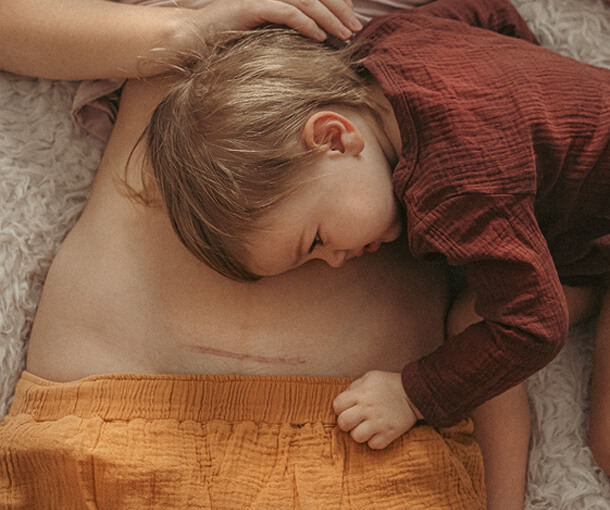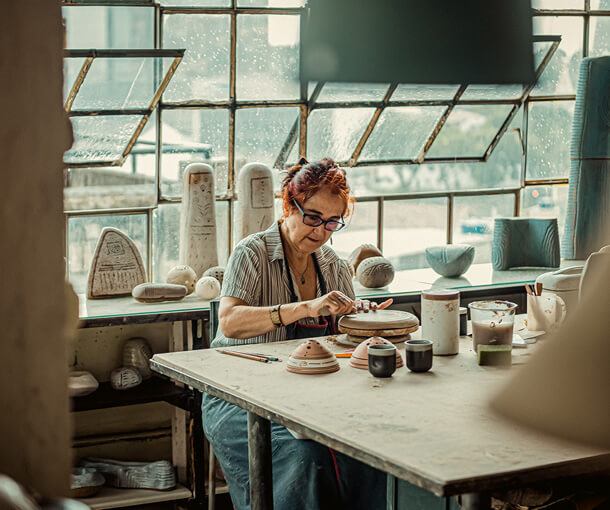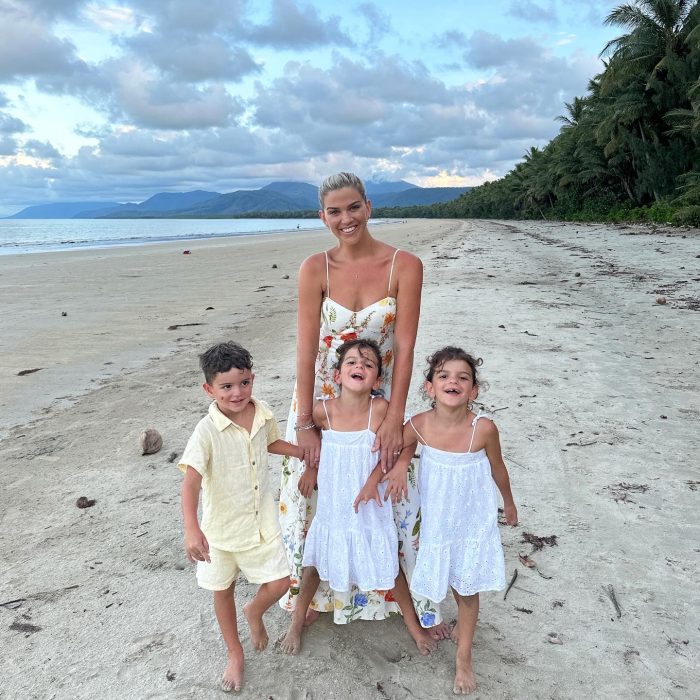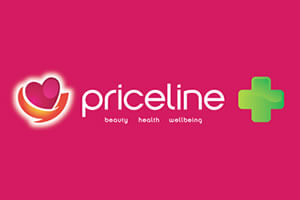Watching your baby reach their milestones, whether it’s learning to raise their little head, sit upright all by themselves or take those first wobbly steps, not only brings an insta-worthy smile to your face, it gives you a quiet reassurance. They’re getting stronger; their tiny bones and small muscles are growing as they should. While not every parent may agree on what nappies, baby carriers or prams to buy for their little one, most parents agree that providing the best nutrition they can is essential to the health and wellbeing of their baby. For optimal health, babies need carbohydrates, protein, good fats, dietary fibre, water, minerals, and vitamins, including vitamin D.
Why does my baby need vitamin D?
All babies need vitamin D, even babies developing in the womb. Vitamin D helps babies absorb calcium for strong bones and teeth and helps their immune system do its job.1,2
How can my baby get vitamin D?
Breast milk contains some vitamin D, as does infant formula. Foods containing vitamin D include salmon and sardines, liver and egg yolks. Some dairy products, breakfast cereals and margarine also have vitamin D added.2
After brief sun exposure, your skin can make vitamin D. According to Raising Children, how much sun your child needs depends on where in Australia you live, what time of year it is and how dark your child’s skin is. They have put together this handy guide:2
| City | Time of year | Time in sun | ||
| Brisbane and Darwin | All year | A few minutes most days of the week | ||
| Canberra, Perth and Sydney | June and July | 2-3 hours per week | ||
| Summer | A few minutes most days of the week | |||
| Adelaide, Hobart and Melbourne | May to August | 2-3 hours per week | ||
| Summer | A few minutes most days of the week |
During summer — especially during the times of the highest UV ratings between 10 am and 4 pm — keep your child safe in the sun with sunscreen and a hat.
How do I know if my baby would need vitamin D?
Some infants may be at risk of low vitamin D and may need vitamin D supplementation. Speak to your doctor if:3
- Your baby is rarely exposed to the sun
- Your baby has high melanin content in the skin (dark skin)
- Your baby was born prematurely
- Your infant has a health condition that could impair the synthesis of vitamin D
- Your child is on medications that can affect vitamin D levels.
- Your baby is long-term breastfed and the mum has a vitamin D deficiency.
How much vitamin D does my infant need?
How much vitamin D your baby needs depends on their age and health status. To find out how much Vitamin D per day your child may need based on their age, refer to the Vitamin D Nutrient Reference Values by the Australian Government’s National Health and Medical Research Council.4 Speak to your healthcare professional for further advice.
Signs of a vitamin D deficiency
Speak to your healthcare professional if you’re concerned about your babies vitamin D levels.
How should I give my baby their vitamin D supplement?
If your healthcare professional has recommended a vitamin D supplement for your baby, a liquid formula is a convenient way to administer their daily dose. In breastfed infants under 12 months, you can dispense the amount onto the nipple or a washed finger to suck for at least 30 seconds. You can administer the dose onto a spoon or mix it into a drink for older infants.
Why choose Ostelin Infant Vitamin D3 Drops?
Ostelin Infant Vitamin D3 Drops contain vitamin D3, the form of vitamin D naturally found in the body, blended with a quality coconut oil to help absorption. Ostelin Infant Vitamin D3 Drops are sugar-free and contain no artificial colours or flavours or artificial preservatives. A convenient 1 drop/day dosage will deliver 400IU of vitamin D3.
Always read the label and follow the directions for use.
References available on request.
MAT-AU-2200398








